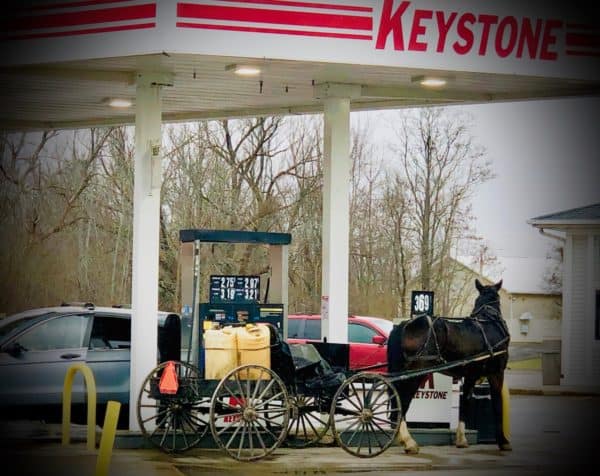
Inflation is rising to record-breaking heights. The most recent reading indicated that inflation hit 8.5% in March – the highest in more than 40 years. Inflationary policies pursued by the current administration, the war in Ukraine, and COVID have combined to create a toxic brew of fast-rising prices and increasing interest rates aiming to stem, what is in effect, a hidden tax on earnings.
Today, Marqueta (NASDAQ: MQ) and neobank Branch, have published their second annual gig economy survey that reveals consumers are having to move into the gig economy to make ends meet.
The Branch x Marqeta Gig Payments Report, a study on the work and payments preferences of gig workers, surveyed over 1,000 workers who turned to gig and 1099 work in the last six months. According to the study, 85% of respondents have recently increased or planned to increase their gig work, with 58% citing inflation as the primary reason.
Vidya Peters, Chief Operating Officer at Marqeta, said they have learned that pay cycles are outdated for today’s workers and they need faster payments to better manage their finances. This is even more pressing amid growing inflation and rising gas prices.
Branch founder and CEO Atif Siddiqi added that workers have increasingly turned to the gig economy due to the flexibility and the ability to get paid immediately.
“As contractors navigate challenges such as inflation, managing expenses, and running their own businesses, instant payments paired with cash flow management tools can empower this next wave of entrepreneurs.”
Gig workers are said to be choosing the food/grocery delivery sector (50%) and cleaning/home repair services (12%) as their primary industries. Rideshares, like Uber and Lyft, have decreased significantly from 10% of respondents in 2021 to 5% this year.
The Great Resignation trend is also said to be fueling gig work. The survey indicates that 35% of respondents says they’ve quit, or plan to quit, full-time employment in the past year to join the gig economy.
The gig survey results indicate:
- higher pay, scheduling flexibility, and faster payouts as their top incentives.
- Higher pay topped the list at 67%
- scheduling flexibility 60%
- faster payouts 59%
- 47% of those surveyed rely on gig work for at least half of their income.
- Rising inflation was cited as impacting both work and personal expenses for 57% of respondents
- The most costly expense for workers surveyed is fuel 61%, followed by equipment/supplies 9%.
- Among top financial concerns, gig workers ranked home/rent affordability at the top of the list 72%,
- utility bills came in second at 60%.
- Third was groceries 53%
- 33% of respondents run independent businesses and pay or reimburse other workers
The gig report may be downloaded here.

